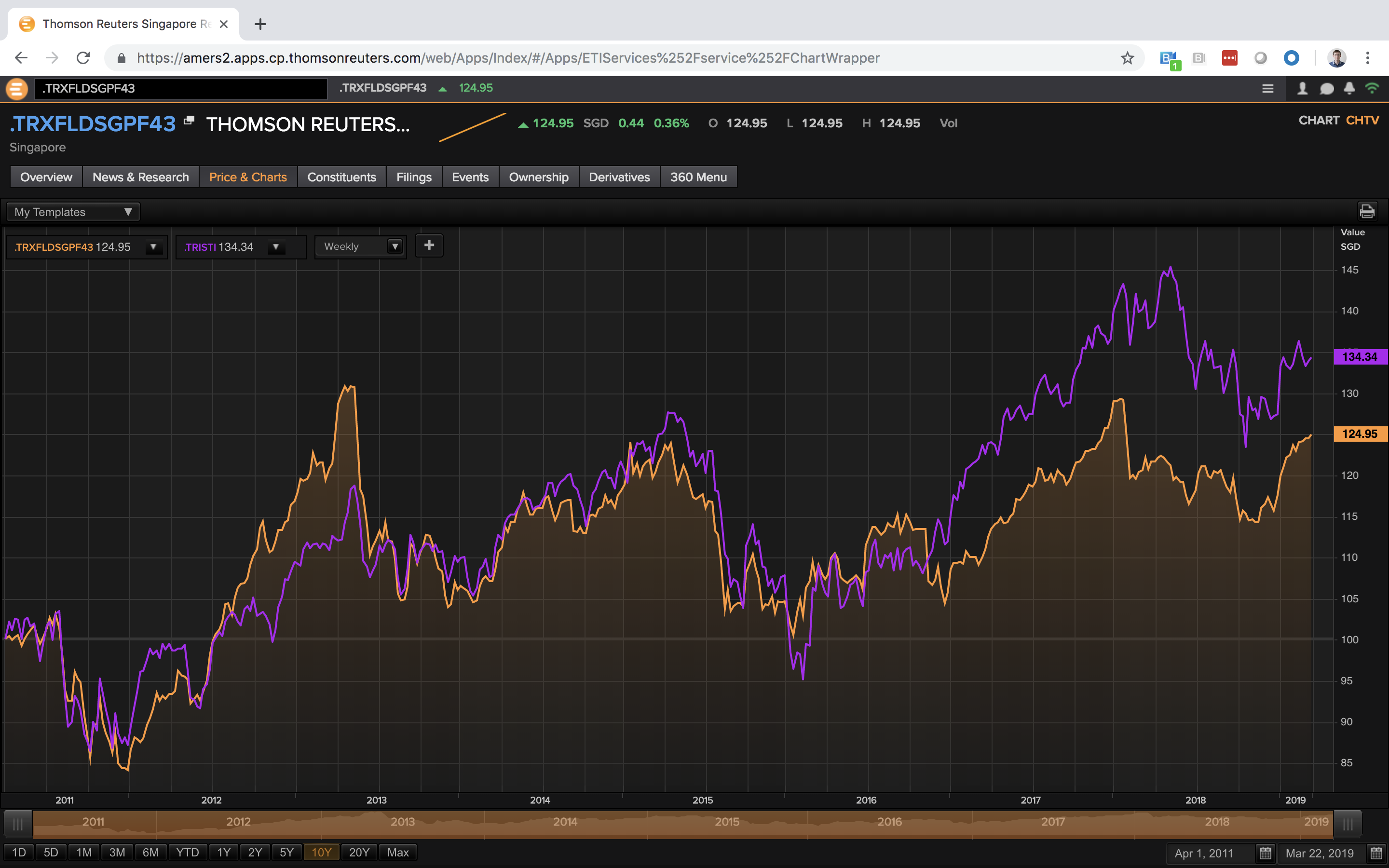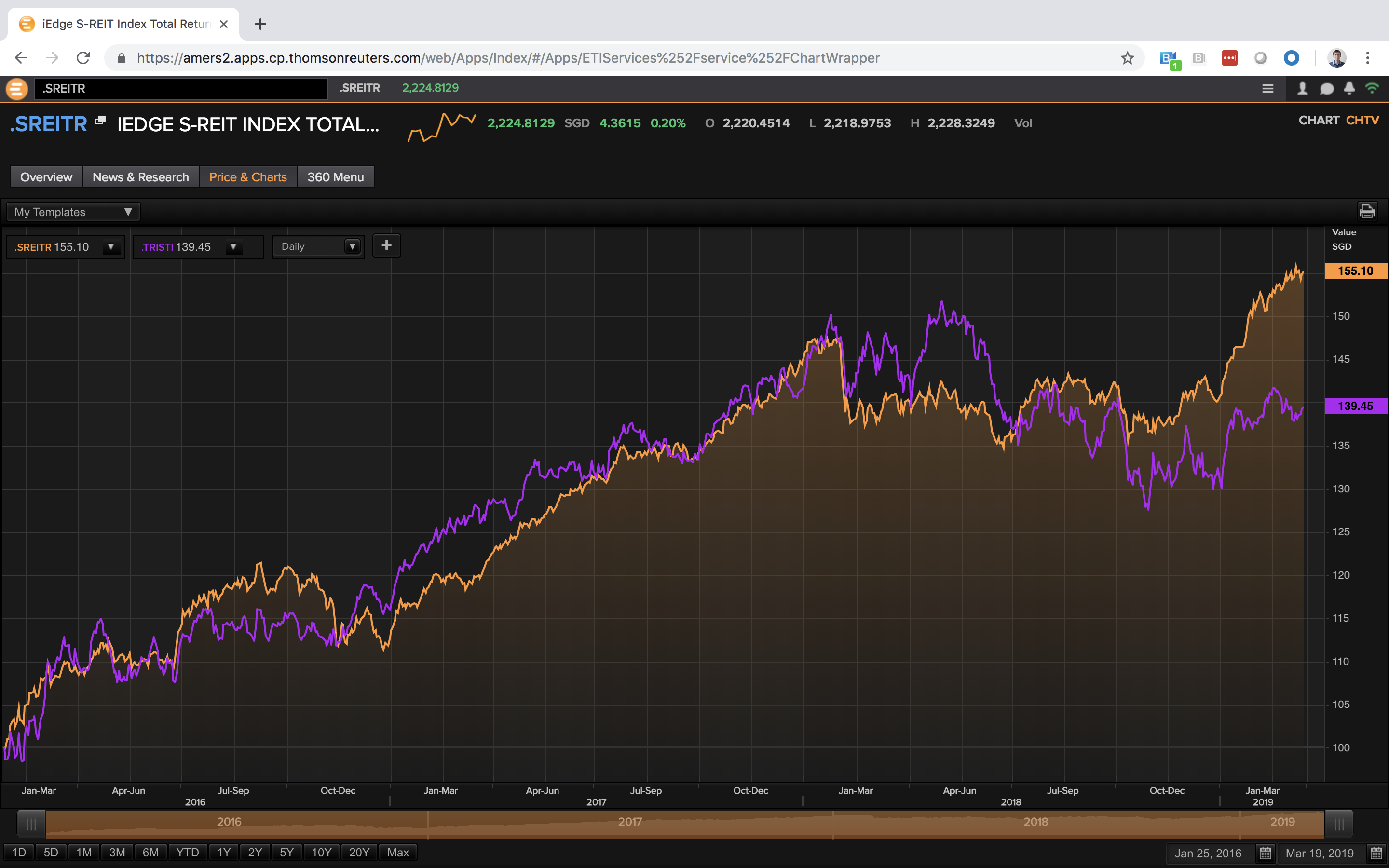I think it's been argued that REITs as an investment have a better risk profile than a single property.
It's also noted that property has benefit of being able to leverage thus skewing the return.
So why not argue to mortgage your property and invest it in REITs? Overall portfolio balance a consideration for sure of course.
It's also noted that property has benefit of being able to leverage thus skewing the return.
So why not argue to mortgage your property and invest it in REITs? Overall portfolio balance a consideration for sure of course.



